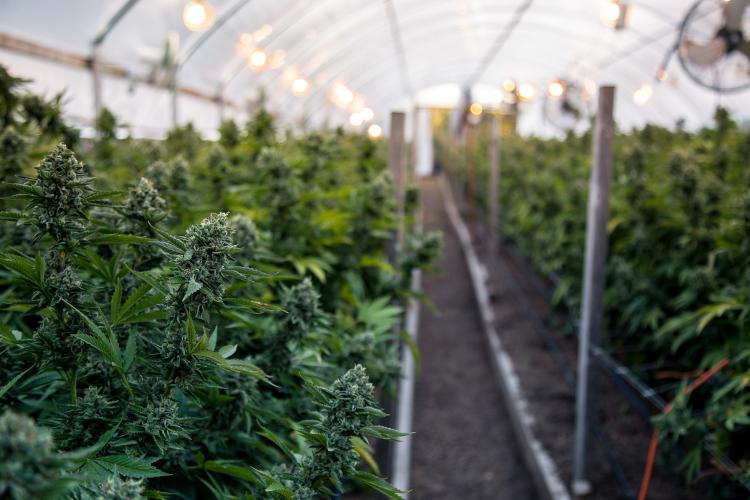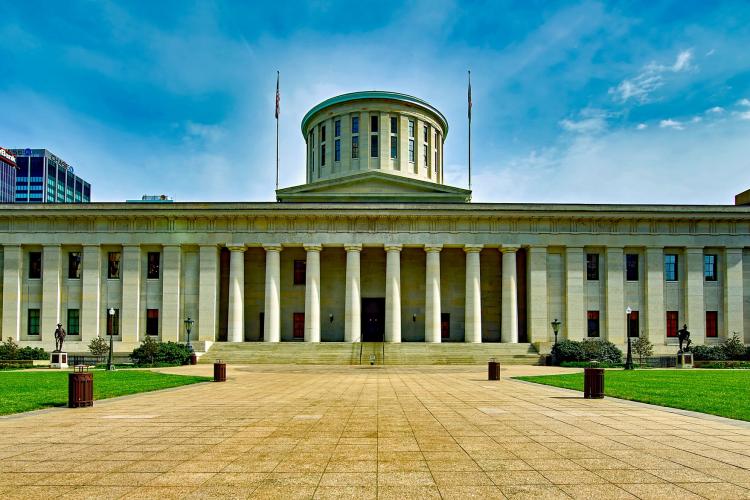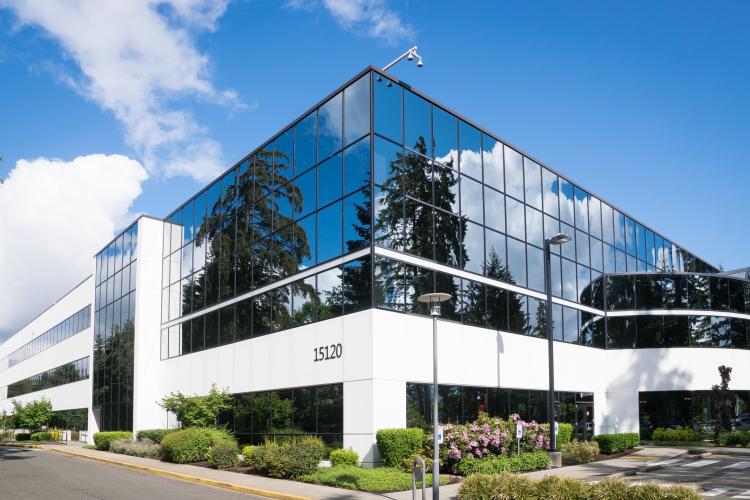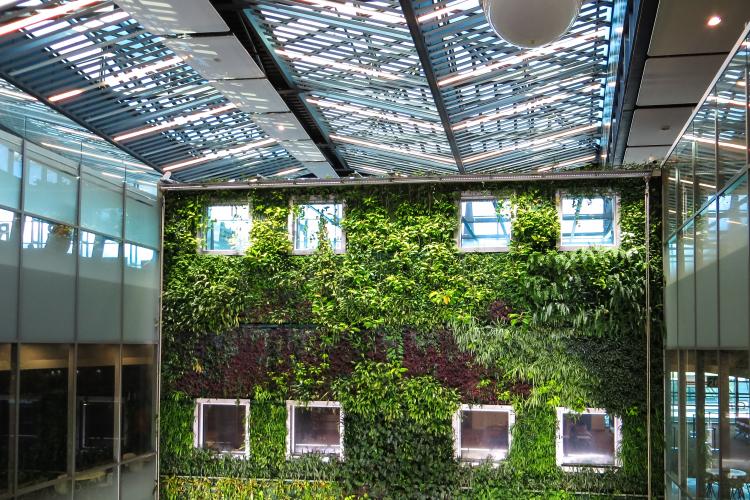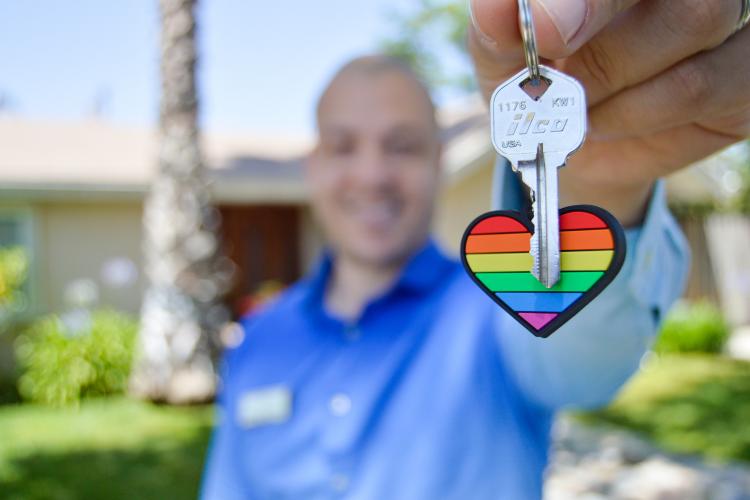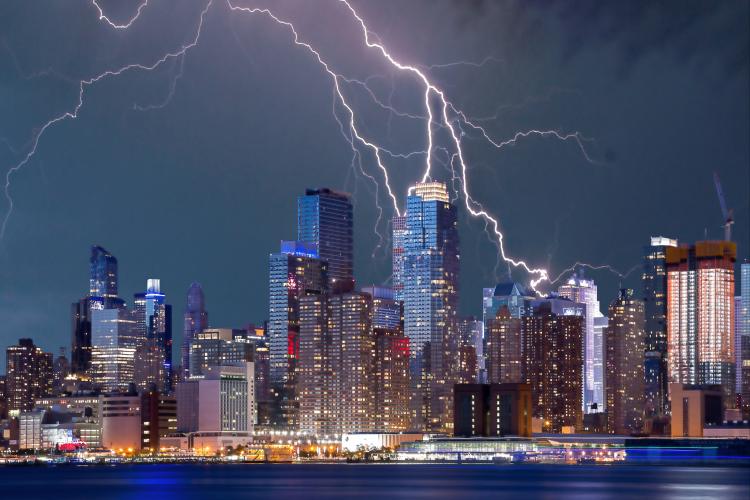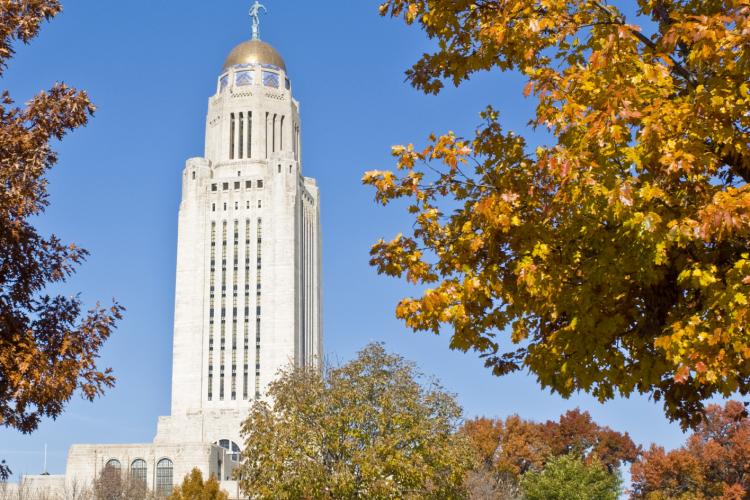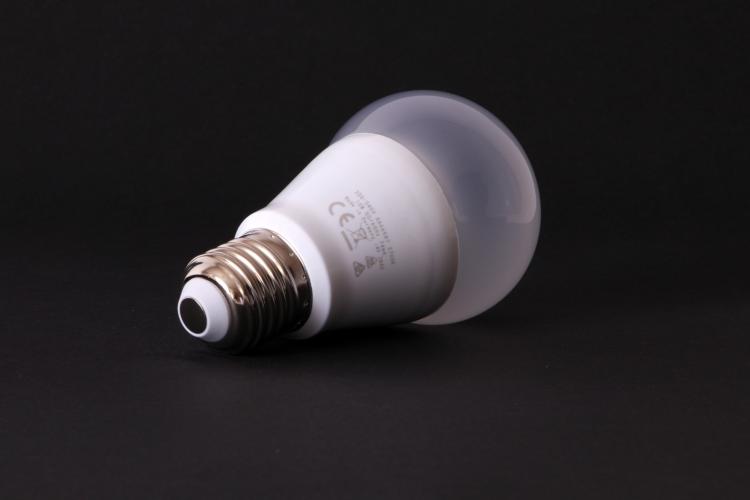Efficiency Rundown in the U.S. Energy and Employment Report
It is imperative that opportunities to tackle climate change and create well-paying jobs in the United States exist concurrently. As the country’s economy changes and the prevalence of carbon-free energy sources grows, it has become increasingly important to understand how employment in the energy sector is also growing and changing. The U.S.

